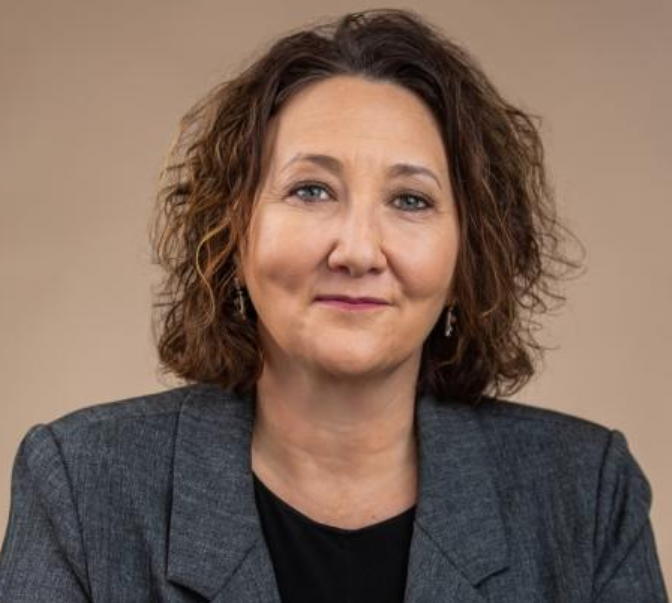
- Details
- By Native News Online Staff
Stacy Leeds, a citizen of the Cherokee Nation, has been chosen to be the next dean of the Arizona State University’s Sandra Day O’Connor College of Law. The Arizona State University (ASU) announced its decision on Thursday after a search was conducted more than a year ago.
“The advisory committee conducted a national search and considered multiple applications from impressive, well-qualified candidates,” said Ruth McGregor, retired chief justice for the Arizona Supreme Court and an ASU Law graduate, who chaired the committee.
Leeds, a renowned legal scholar, joined ASU in 2021, as Foundation Professor of Law and Leadership at ASU, where she teaches in the Indian Legal Program. Her new post starts Feb. 1, 2023.
“Professor Leeds stood out for the combination of skills, vision and experience she brings, and for her excitement about meeting the challenges faced by and the opportunities available to the dean of ASU’s law school,” McGregor said.
The Sandra Day O’Connor College of Law is one of the nation’s preeminent law schools, focused on offering students a personalized legal education. It has been ranked No. 1 in Arizona since 2010 and No. 30 nationally by U.S. News & World Report.
“ASU has long embraced meaningful access to education as a threshold to individual and community empowerment.” Leeds said. “It goes beyond an expectation that students from all backgrounds and life experiences should have a sense of belonging here. Imagine an institution that takes primary responsibility for student growth and success – that’s ASU.”
Leeds attributes her success to the impact of several mentors as she began her own path in the legal profession and takes seriously her responsibility to open doors for all law students, regardless of their background or dreams for their future.
Prior to coming to ASU, Leeds was the first Indigenous woman in the U.S. to become a law school dean. She led the University of Arkansas School of Law serving as dean and vice chancellor for economic development. She holds law degrees from the University of Wisconsin and the University of Tulsa, a business degree from the University of Tennessee and an undergraduate degree in history from Washington University in St. Louis.
More Stories Like This
Hanging a Red Dress for Christmas: MMIP, Native Higher Education, and Hope for a Better New YearNative Students Can Win $5,000 Scholarship, International Distribution in Pendleton Design Contest
American Indian College Fund Raises Alarm Over Plan to Shift Native Programs Away From the Dept. of Education
MacKenzie Scott Foundation Gives $5 Million Contribution to Little Priest Tribal College
Tribal Leaders Push Back on Dismantling of U.S. Department of Education
Help us defend tribal sovereignty.
At Native News Online, our mission is rooted in telling the stories that strengthen sovereignty and uplift Indigenous voices — not just at year’s end, but every single day.
Because of your generosity last year, we were able to keep our reporters on the ground in tribal communities, at national gatherings and in the halls of Congress — covering the issues that matter most to Indian Country: sovereignty, culture, education, health and economic opportunity.
That support sustained us through a tough year in 2025. Now, as we look to the year ahead, we need your help right now to ensure warrior journalism remains strong — reporting that defends tribal sovereignty, amplifies Native truth, and holds power accountable.
 The stakes couldn't be higher. Your support keeps Native voices heard, Native stories told and Native sovereignty defended.
The stakes couldn't be higher. Your support keeps Native voices heard, Native stories told and Native sovereignty defended.
Stand with Warrior Journalism today.
Levi Rickert (Potawatomi), Editor & Publisher

